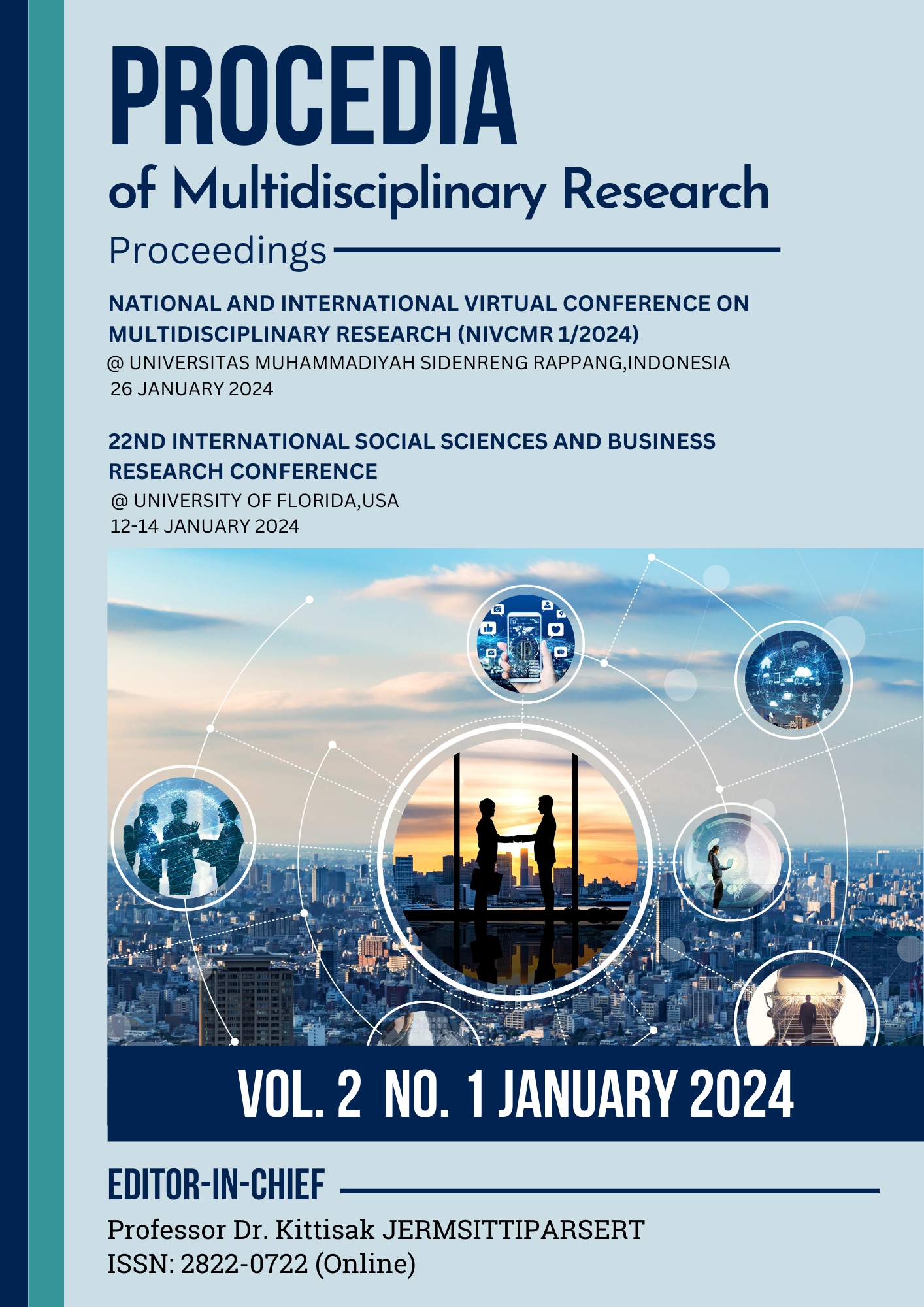THE RELATIONSHIP BETWEEN SELF-REGULATED LEARNING AND ACADEMIC PERFORMANCE OF TIBETAN STUDENTS IN MAINLAND ETHNIC MIDDLE SCHOOLS: A CASE STUDY OF MIANYANG ETHNIC MIDDLE SCHOOL
Abstract
The purpose of this study is: 1) understand the relationship between Self-Regulated Learning and academic performance of Tibetan junior middle school students. 2) Find ways to improve Self-Regulated Learning for Tibetan junior middle school students in ethnic middle schools in the mainland, and improve their academic performance. The sample was 283 students randomly selected from 698 Tibetan junior middle school students. The tools used in this study are questionnaire survey and students' final grades of Chinese, mathematics and English courses. Descriptive statistical analysis, analysis of variance, regression analysis and other statistical and data analysis methods are used. The results are as follows: 1) There are significant differences in Self-Regulated Learning ability among Tibetan junior middle school students with different academic performance. 2) There is a significant positive correlation between Self-Regulated Learning ability and academic performance of Tibetan junior middle school students. 3) The use of self-efficacy, intrinsic value and cognitive strategies can positively predict the learning of Tibetan middle school students in mainland ethnic middle schools Academic performance.
Downloads
Published
Issue
Section
License

This work is licensed under a Creative Commons Attribution-NonCommercial-NoDerivatives 4.0 International License.







.png)


